Brahma Chellaney
 When the U.S. slaps a nation with punitive sanctions, it tries to prevent not only American companies from doing business with the target country but also those of other states. Inevitably, these extraterritorial effects hit some countries much harder than others -- as India has just found to its cost.
When the U.S. slaps a nation with punitive sanctions, it tries to prevent not only American companies from doing business with the target country but also those of other states. Inevitably, these extraterritorial effects hit some countries much harder than others -- as India has just found to its cost.
Even though New Delhi has been boosting ties with Washington for over a decade, it is a prime victim of two new sets of U.S. economic sanctions -- on Iran and on Russia. These two countries, now at the center of the current American foreign policy debate, are both long-standing economic and political partners for India.


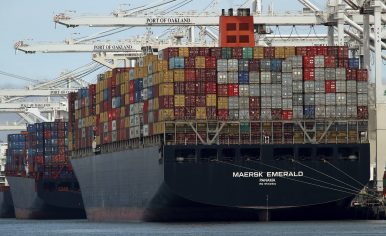
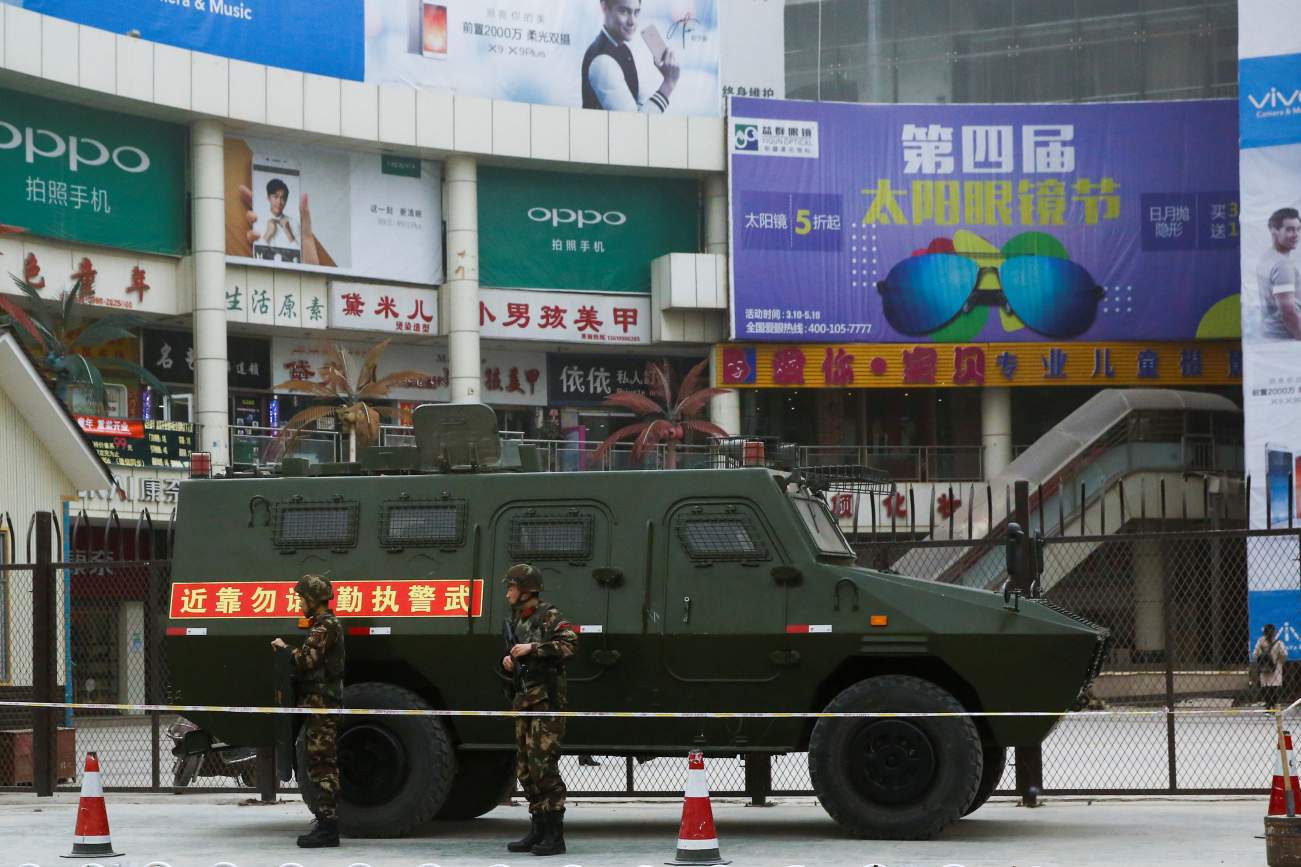

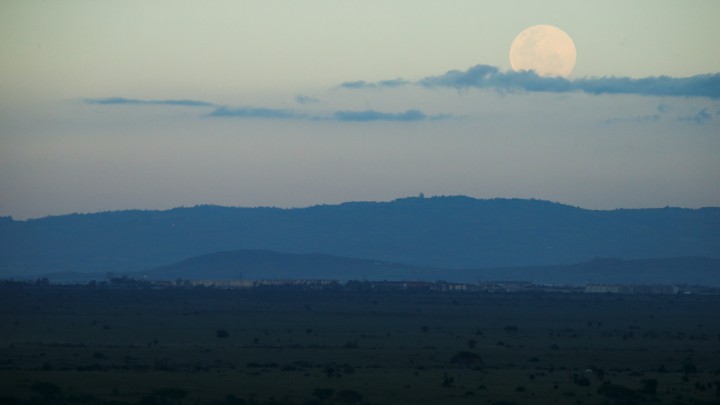


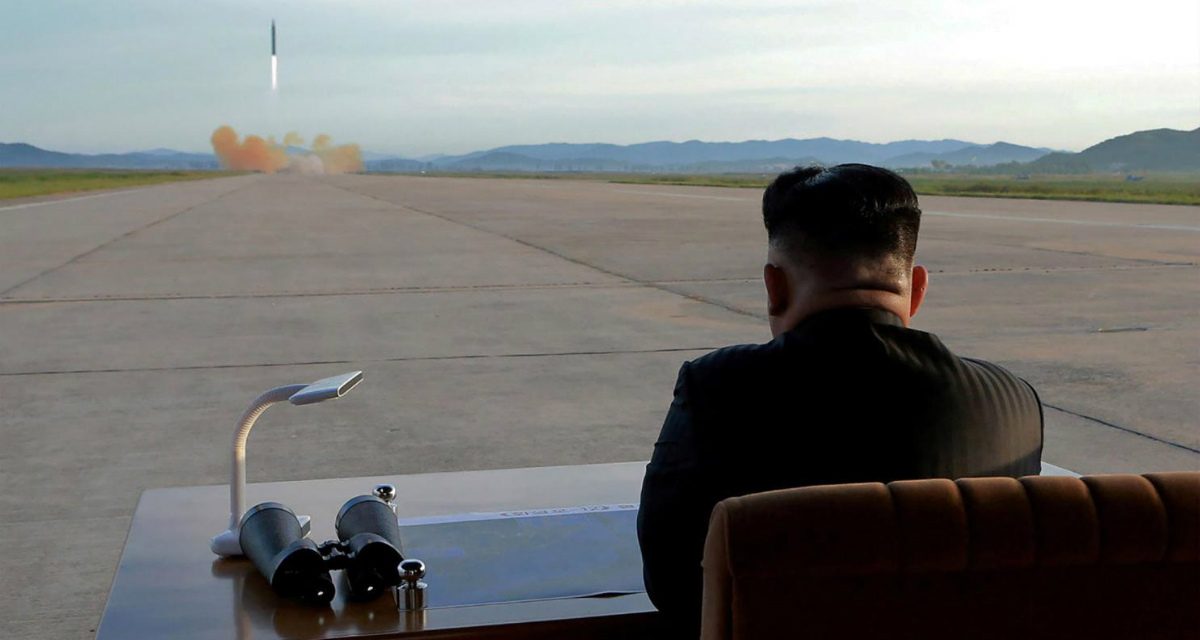


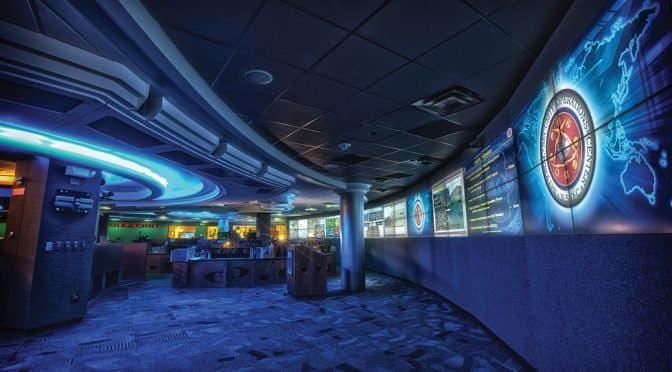

/arc-anglerfish-arc2-prod-mco.s3.amazonaws.com/public/HYP5ASX3DFAGBDXXEU7D5UOYDA.jpg)